In Ireland, where a significant number of homes and businesses rely extensively on gas for heating, cooking, and industrial purposes, compliance with established gas safety regulations is critical.
Ireland’s regulatory framework governing gas safety is multifaceted, addressing both domestic and commercial sectors. However, while regulations for natural gas are well-defined, there remains a grey area when it comes to other types of gas detection in commercial settings.
In the domestic sector, gas safety is primarily regulated through standards and practices, enforced by the Commission for Regulation of Utilities (CRU), that mandate regular maintenance and safety checks. Homeowners are required to have their gas appliances serviced annually by registered gas installers. This is critical for preventing gas leaks and carbon monoxide poisoning, two of the most common dangers associated with gas use in homes.
For commercial entities, the regulations extend beyond just the maintenance of natural gas appliances. Businesses must follow stringent standards that include installing, maintaining and operating gas equipment.
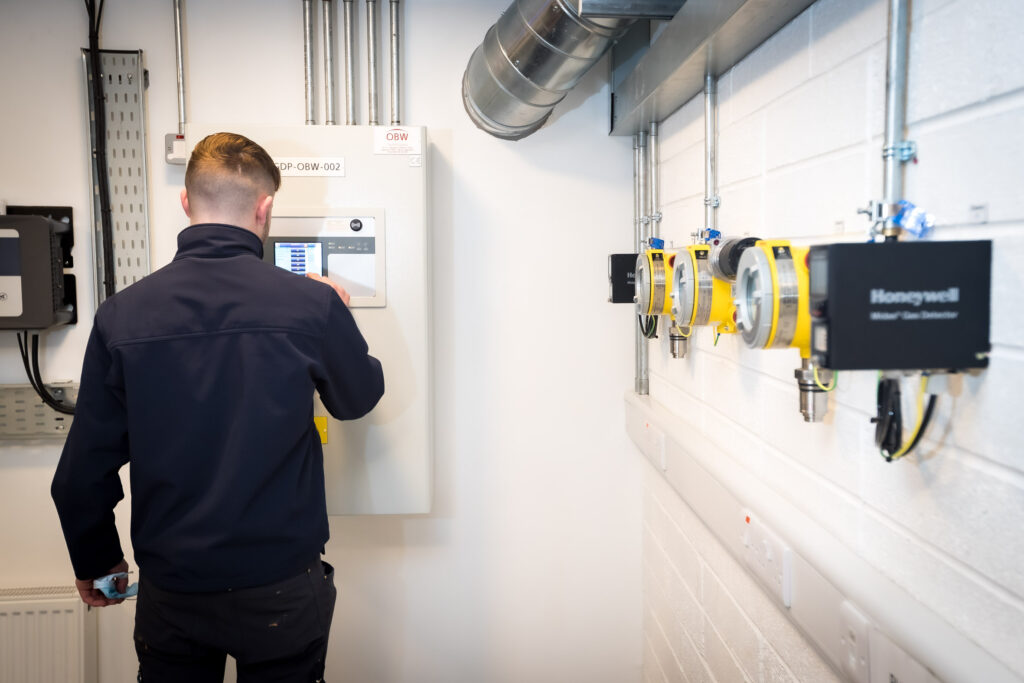
However, the landscape becomes more complex when considering gases other than natural gas. For example, businesses that use gases like propane or butane, or those involved in industrial processes using various other gases, may find that specific compliance guidelines are lacking.
In these cases, it is essential for operators to take a proactive approach by identifying potential risks and implementing safety measures tailored to their specific use case.
While this adds a layer of responsibility to businesses, it also underscores the importance of thorough risk assessments and the development of robust safety protocols.
The European Union (EU) and Ireland’s Health and Safety Authority (HSA) are actively working to improve and harmonise gas safety regulations across the country. Although much of the legislation falls under general health and safety laws, there is a clear focus on enhancing specific guidelines for gas safety, particularly in commercial and industrial contexts.
The EU’s involvement ensures that Irish regulations align with broader European standards, promoting consistency and safety across member states.
The HSA, on the other hand, plays a vital role in enforcing these regulations at a national level, offering guidance, conducting inspections, and ensuring that businesses and individuals comply with the established safety standards.
As efforts continue, it is expected that more precise regulations will emerge, particularly for gases other than natural gas, closing existing gaps and providing clearer guidance for all sectors.
Compliance with gas safety regulations in Ireland is primarily guided by the Safety, Health & Welfare Act 2005, which sets forth comprehensive requirements to ensure workplace safety, including specific provisions for handling gases. Here’s a detailed look at how businesses can adhere to these standards to maintain a safe working environment.
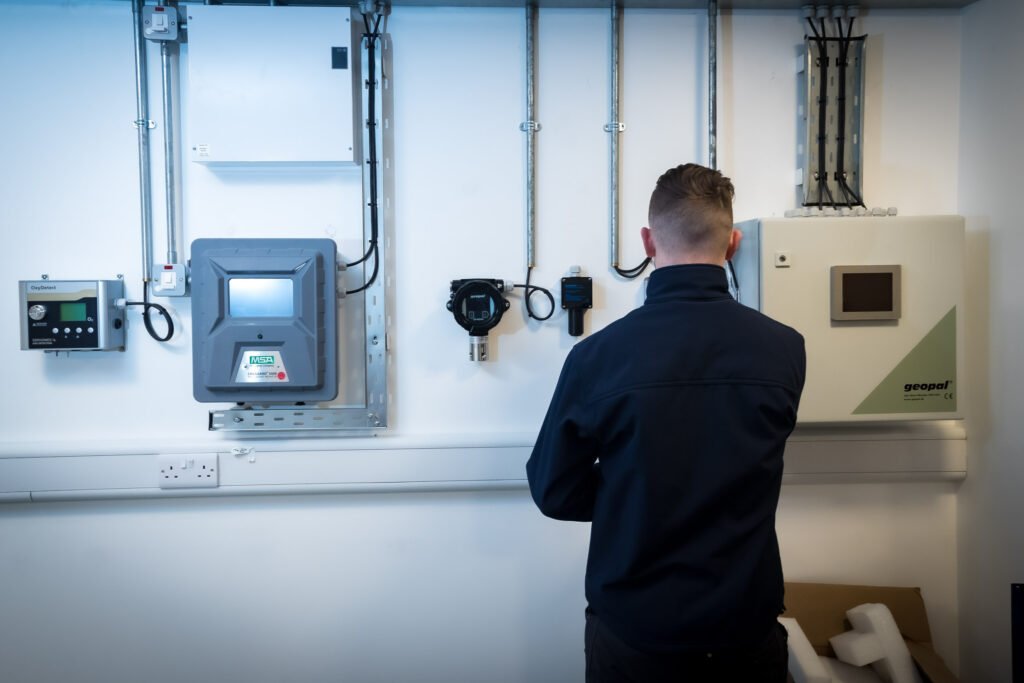
Employers are required to ensure that all employees are well informed about the gas safety measures in place at their workplace. This includes details about the risks associated with gas usage, the safety protocols to follow, and the measures implemented to mitigate these risks. Regular updates and continuous access to safety manuals and hazard information are essential components of this requirement.
To further safeguard their workforce, employers must provide thorough training and instruction on how to handle gas safely. This training should cover operational procedures, emergency responses, and correct usage of safety equipment. Supervision is also crucial, particularly in environments where hazardous gases are used, to ensure that safety procedures are followed meticulously.
The Act mandates that all organisations have clear, documented procedures in place to deal with emergencies involving gas leaks or other gas-related dangers. These procedures should include immediate steps to be taken in the event of an incident, evacuation plans, and strategies for minimising harm to both personnel and the public.
Employers are required to implement safeguards to prevent gas-related accidents. This includes the installation of gas detectors, regular maintenance checks, and ensuring that all gas handling equipment meets the required safety standards. Preventive measures also involve conducting regular risk assessments to identify potential hazards before they lead to incidents.
A key element of compliance is the ongoing process of hazard identification and risk assessment. This involves systematically examining all aspects of gas use within the business to identify potential risks and implementing measures to eliminate or control those risks. It is vital that these assessments are carried out regularly and whenever there are changes in the operational processes or the introduction of new equipment.
Each employer is required to create and maintain a Safety Statement, a written document that outlines all the health and safety measures that are in place in the workplace. This statement must be workplace specific and accessible to all employees. It should clearly articulate the company’s commitment to maintaining a safe working environment, particularly concerning the use of gases.
For the most current standards and practices related to gas safety compliance, employers and employees can refer to the Health and Safety Authority (HSA) website. The HSA provides resources, guidance documents, and updates on legislation that are invaluable for maintaining compliance with Irish gas safety regulations.
By adhering to these guidelines and requirements, businesses in Ireland can ensure they meet legal standards and maintain a safe environment for their employees and the surrounding community.
Failing to adhere to gas safety regulations can cause significant penalties, reflecting the serious nature of these breaches and their potential to endanger life and property. The enforcement of these regulations is rigorous, and the consequences of non-compliance can be severe, both legally and financially.
The primary legislation, the Safety, Health & Welfare Act 2005, outlines specific penalties for breaches of gas safety regulations. For minor infractions, fines may be imposed, which can escalate to substantial amounts for more serious offences. In cases where non-compliance results in serious accidents or fatalities, criminal charges, including charges of negligence or manslaughter, can be pursued against the responsible parties.
Financial repercussions can include not only fines but also compensation payouts to affected parties. Businesses may also face increased insurance premiums or even the refusal of insurance coverage, significantly impacting their operational capabilities and financial stability.
Beyond legal and financial penalties, non-compliance can lead to enforced shutdowns or suspensions of business operations. This not only affects the business’s profitability but can also damage its reputation, leading to a loss of customer trust and potential future business opportunities.
It is clear that rigorous adherence to gas safety regulations is essential to avoid the far-reaching consequences of non-compliance.
Navigating gas safety compliance in Ireland, particularly in areas not explicitly defined by Irish legislation, can be challenging. However, businesses can align with the closest guidelines available, such as those from the UK, to establish robust safety protocols. Here’s how these guidelines can be adapted and implemented effectively in the Irish context.
The UK’s Health and Safety Executive (HSE) provides comprehensive guidelines for controlling and monitoring risks associated with hazardous substances, including gases. These guidelines are detailed on their COMAH (Control of Major Accident Hazards) webpage. While these regulations are specifically tailored for the UK, many of their principles are universally applicable and can serve as a robust framework for Irish businesses looking to enhance their gas safety measures.
The general principles outlined in the British guidelines, such as risk assessment, safety management systems, and emergency preparedness, are compatible with the requirements under Irish law. Irish businesses can adapt these guidelines by ensuring they also follow local legislation like the Safety, Health & Welfare Act 2005.
This dual approach ensures that businesses not only meet local regulatory requirements but also implement best practices in gas safety and risk management.
To effectively implement these guidelines, businesses should:
By integrating these guidelines into their safety management practices, Irish businesses can ensure a high standard of safety, thereby protecting their employees, customers, and the public from the hazards associated with gas usage.
To effectively comply with gas safety regulations in Ireland, both domestic and commercial entities should actively engage in protecting lives and property. It is essential to go beyond merely meeting the legal requirements outlined in the Safety, Health & Welfare Act 2005. Entities should maintain vigilance and embrace proactive safety practices. By adopting both Irish and recommended British guidelines, businesses can significantly enhance their safety protocols, reduce risks, and ensure a safer environment for everyone involved.
Continuously educating yourself and your team and adhering strictly to regulations are crucial for managing the complexities of gas safety. Stay informed about legislative changes and best practices, and respond swiftly. Invest in comprehensive safety training, perform thorough risk assessments regularly, and develop robust emergency preparedness plans. These steps will not only help you follow legal standards but also foster a culture of safety that extends beyond compliance.
As gas usage remains integral to Ireland’s energy needs, the role of stringent safety measures is critical. Through diligent compliance and proactive management, businesses can uphold the highest standards of safety, ensuring Ireland remains a secure place to live and work.
From the Blog
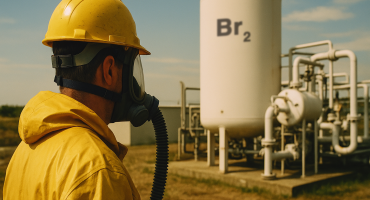
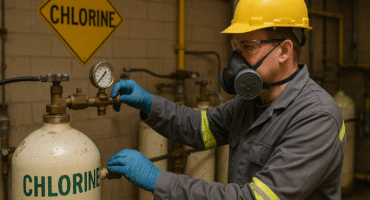
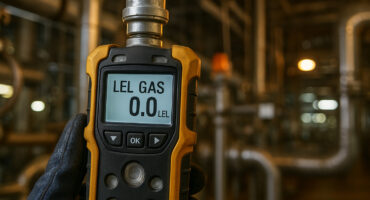
If you have any questions about our products or services, please feel free to contact us.